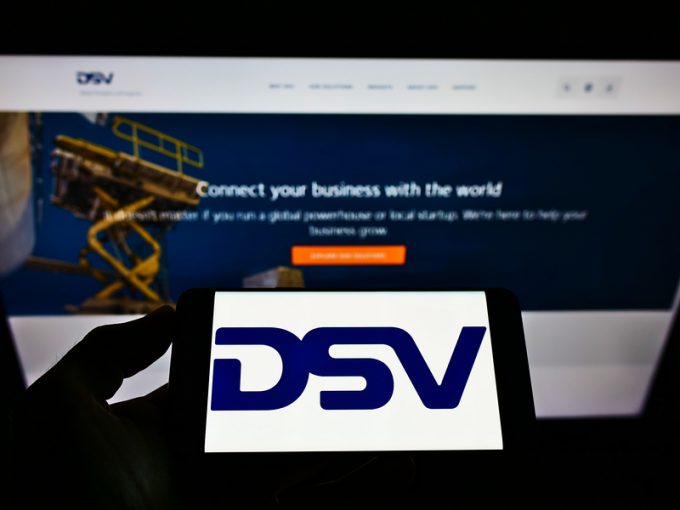Analysis: The DHL bull thesis in a bear market for air/sea yields
The inner beauty

DSV’s third-quarter results were somewhat overshadowed by its huge deal to provide construction logistics for Saudi project NEOM. However, it said it had “solid results”, with gross profit for its nine months down 15% and EBIT down 30.6%, “which was expected”.
Revenue for Q3 was DKK35.3bn ...

Comment on this article